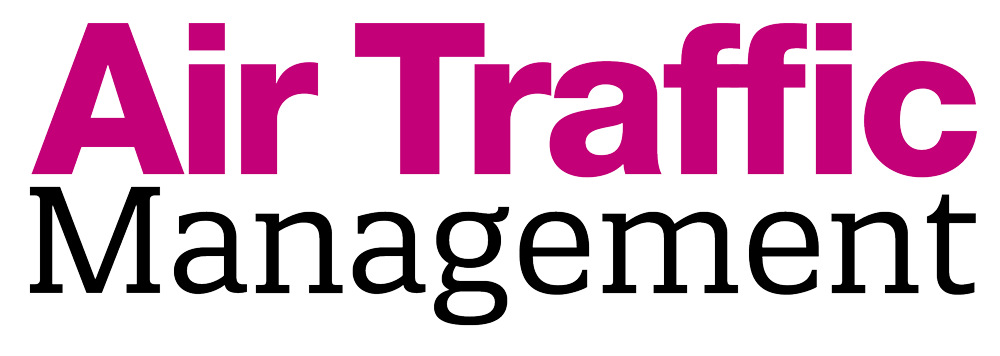The work of air traffic controllers and flight service specialists, also known as air traffic service professionals, is often shrouded in mystery and misconception. Many believe these professionals navigate a relentless, high-stakes environment, where a single mistake could lead to catastrophe. Others imagine their roles as increasingly automated, leaving little room for human input. In reality, the day-to-day experiences of air traffic services employees in Canada are far more nuanced. As the aviation industry evolves, so too does the nature of their work.
Here are the top eight myths about what happens behind the radar screens, with the truth explained by the professionals who keep Canada’s skies safe.
Myth #1: Being an air traffic controller or flight service specialist is a stressful job
“One of the biggest misconceptions about our work is that it’s super stressful. While there are stressful periods, overall the level of training we receive provides us with skills and abilities to make otherwise stressful events nearly routine. My short answer when people ask, "isn't it stressful all the time?" is "not if you're good at it, and we are." There definitely are peaks and valleys in traffic volume and complexity or both. Quiet times still require attention, but it is a relaxing environment where friendly conversation on the floor fills the time. I've worked in many units, and they're all quite similar in this regard.” - Chris Wonnacott, Air Traffic Controller based at NAV CANADA’s Moncton Area Control Centre.
Myth #2: You need a lot of experience in the aviation industry to become an air traffic service professional
“One of the neat things about working in air traffic services is that, because the job itself is so highly specialized, NAV CANADA provides all the required training from the ground up. You don’t need to have a degree or any experience in the aviation industry to apply and you earn a salary while you are learning what you need to learn to be successful. A high school diploma or equivalency is all that’s required. Because of that, the sheer number of varied backgrounds and skill sets that my colleagues bring to the job is remarkable. There are engineers, scientists, truck drivers, carpenters, welders, chefs, photographers, race car drivers, sailors, medical professionals, military service members, professional football players, and the list goes on and on. In a zombie apocalypse thought experiment, the place I say I’d always want to be is at work – we could handle any problem!” - Kit Stardancer, Unit Procedures Specialist based at NAV CANADA’s Toronto Area Control Centre.
Myth #3: All air traffic service professionals essentially do the same job
“In a control tower, our primary goal is to safely move aircraft and vehicles around the airport, and manage airborne traffic within the control zone. In the bigger picture, we rely on our colleagues at the Flight Information Centres to provide weather briefings and help process NOTAMs and visual flight rules (VFR) flight plans, flight service specialists to deliver advisory services and serve as a key communications link between pilots, airlines, and other NAV CANADA teams, air traffic operations specialists (ATOS) to ensure accuracy in instrument flight rules (IFR) flight plans, and Terminal controllers to coordinate with us for arriving and departing IFR flights. Each of us has a specialized role, and we rely on one another to keep things moving!” - Richard Bowman, Air Traffic Controller based at NAV CANADA’s tower at Pitt Meadows Regional Airport.
Myth #5: Air traffic services are mostly automated
“While it is true that there have been incredible advances in the technologies we use to provide air traffic services since Canada's first air traffic control tower opened in 1939, air traffic service professionals continue to play a vital role. Additionally, the relationship between ATS professionals, pilots, and ground crews is built on trust and clear communication, something automation cannot fully replicate. ATS professionals are essential to the realization of our ultimate goal of keeping Canada's sky safe.” - Yan Tremblay, Director of Airport & Flight Information Services at NAV CANADA.
Myth #6: You need to work in a big city or close to an airport
“Not all air traffic controllers and flight service specialists work in major hubs; many are based in remote areas far away from the pilots and colleagues they communicate with daily. NAV CANADA's air traffic service professionals manage one of the largest airspaces in the world and our sites are spread out from coast-to-coast-to-coast.” - Abby Kahlon, Site Manager at NAV CANADA.
Myth #7: The work becomes routine after a while
"Every day is different. Weather systems are constantly changing, and pilots have unique needs on every flight. Working in a Flight Information Centre, my colleagues and I provide pre-flight information, including weather briefings, NOTAMs, and updates about airspace issues that pilots may encounter enroute. We handle flight planning, offer alerting services to ensure flights reach their destinations safely, and communicate via remote communication outlets (RCOs) across the country. These communications can involve anything from weather updates and flight plan changes to clearance relays from air traffic controllers, or even handling emergency MAYDAY calls. Additionally, we are responsible for issuing all NOTAMs within our area of responsibility." - Wayne Van Petten, Flight Service Specialist Team Supervisor based at NAV CANADA’s Edmonton Flight Information Centre.
Myth 8: It’s impossible to handle the stress long-term
“I get this question a lot. The job can have stressful moments, but we have our down times during our shifts as well. What most people don’t know is how much training and support we have. We train extensively for these moments, so when we reach a stressful situation, we are prepared to react as if it is a normal part of our job. When the situation is over, if needed, we also have the option to be supported through our peer support programs.” - David Mercer, Flight Service Specialist Team Supervisor at NAV CANADA.
